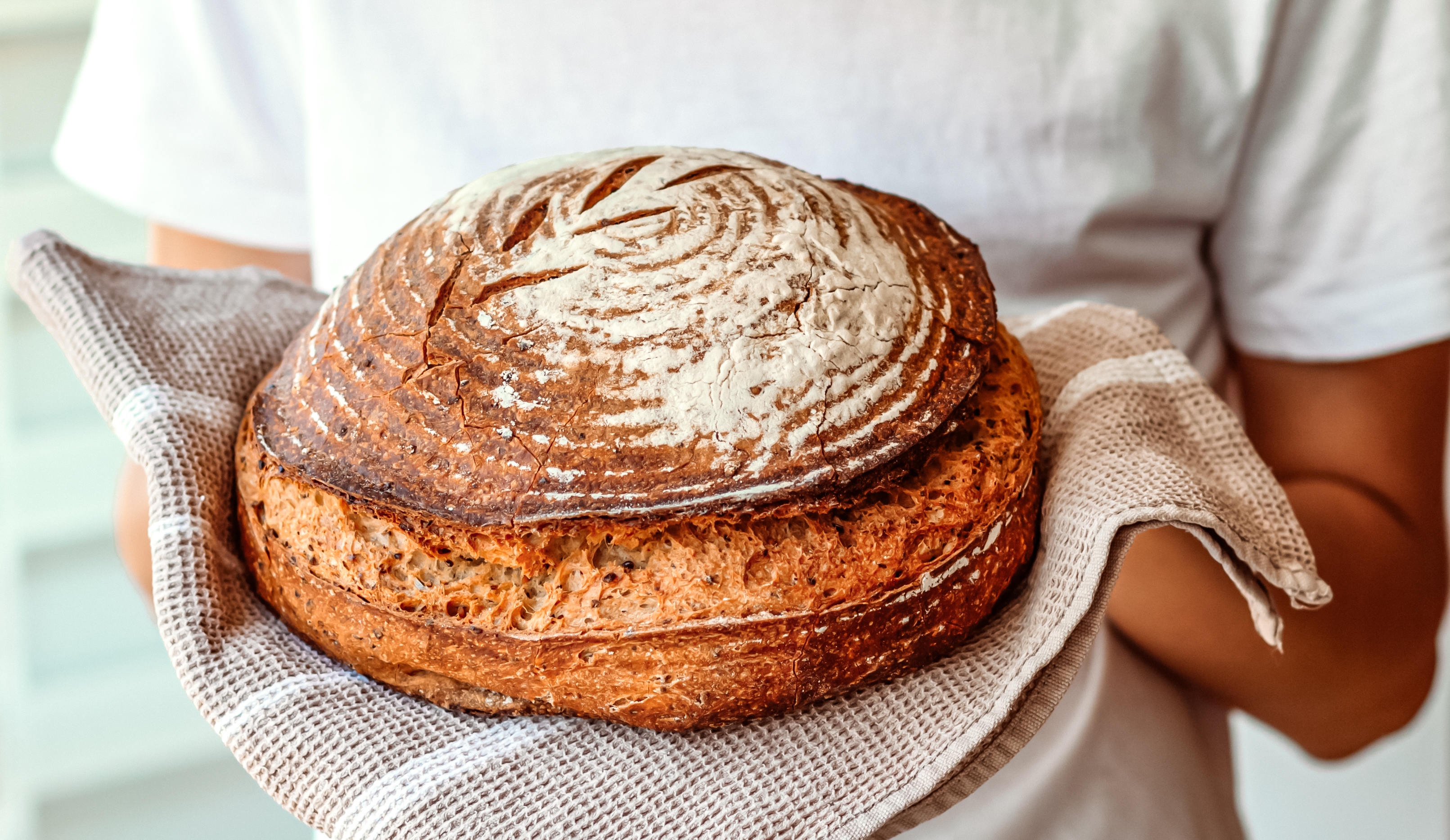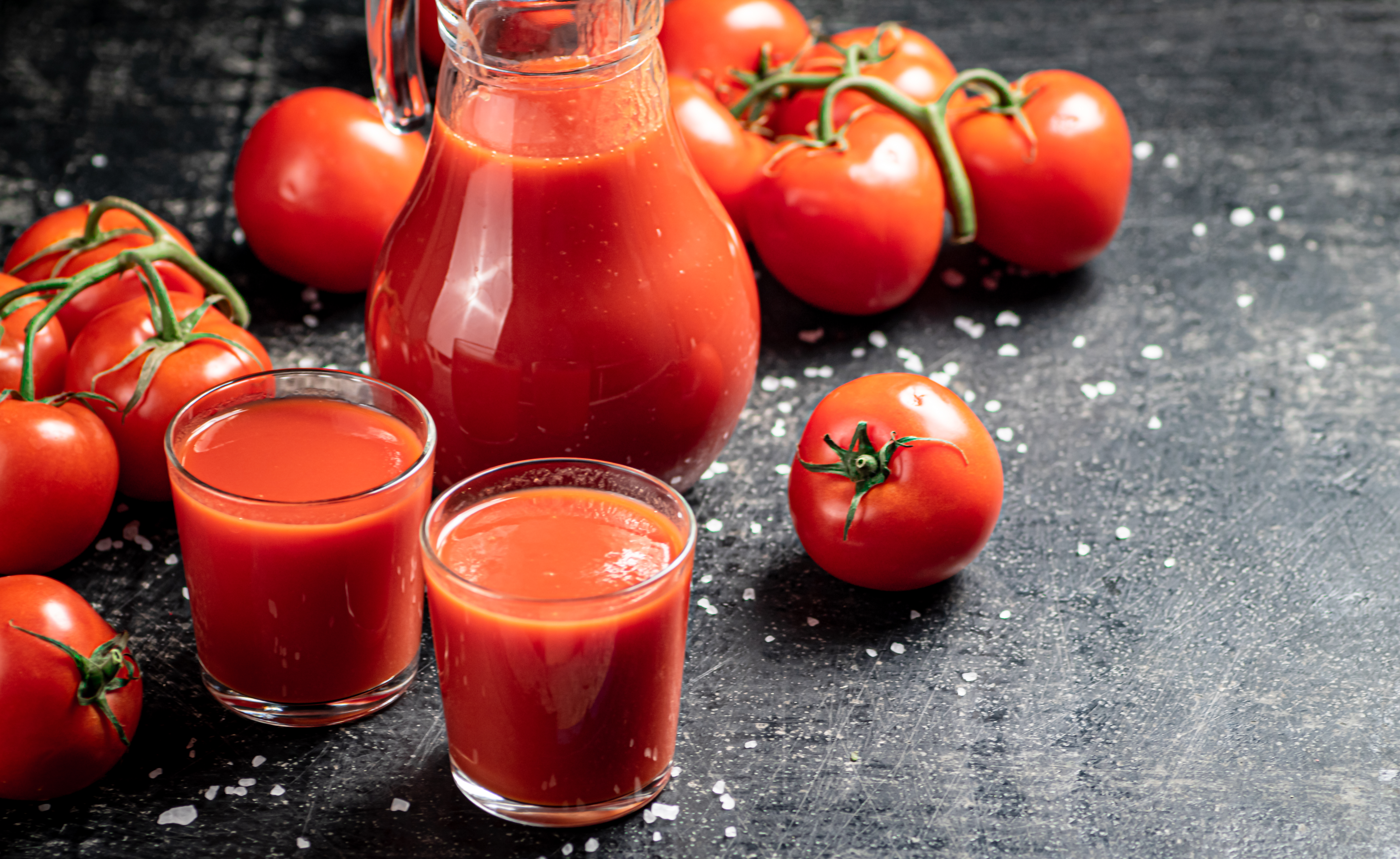12 Sneaky Sources of Inflammation Hiding in Your Kitchen
Our kitchens, often perceived as sanctuaries of nourishment and comfort, may harbor hidden adversaries that silently contribute to inflammation in our bodies. This introduction sets the stage for an eye-opening exploration into the stealthy inflammation instigators that could be lurking in your pantry. Inflammation is a natural response by the body to protect against harm, yet chronic inflammation is a different story. It's been linked to a myriad of health issues, including heart disease, diabetes, and arthritis. While some inflammation triggers are obvious, others are surprisingly covert, hiding within everyday ingredients. By unmasking these hidden culprits, we can better manage our health and well-being. This article delves into the top 12 stealthy inflammation instigators, offering insights into how they affect our bodies and how we can mitigate their impact. Prepare to embark on a journey through your pantry, where we will untangle the secrets within and reveal the hidden threats to your health.
1. Refined Sugars - Sweet Deceit

Refined sugars, often found in processed foods, are one of the most common contributors to chronic inflammation. These sugars, stripped of their natural fibers and nutrients, cause a rapid spike in blood glucose levels, leading to an inflammatory response. The consumption of refined sugars has been linked to increased production of inflammatory cytokines and a decrease in the effectiveness of anti-inflammatory enzymes. Moreover, a diet high in refined sugars can lead to insulin resistance, a precursor to type 2 diabetes, which is itself an inflammatory condition. The pervasive presence of refined sugars in everything from breakfast cereals to salad dressings makes them a stealthy adversary. Recognizing and reducing refined sugar intake is a crucial step in managing inflammation. By opting for natural sweeteners like honey or maple syrup, or by reducing overall sugar consumption, we can begin to mitigate the inflammatory effects and promote a healthier lifestyle.
2. Trans Fats - The Industrial Villain

Trans fats, often found in margarine, baked goods, and fried foods, are industrially manufactured fats that have been shown to promote inflammation. These fats are created through hydrogenation, a process that solidifies liquid oils, extending product shelf life but at a significant cost to our health. Studies have linked trans fats to increased levels of inflammatory markers, such as C-reactive protein. Furthermore, trans fats may interfere with the body's ability to produce anti-inflammatory compounds, exacerbating the inflammatory response. Despite regulations reducing their prevalence, trans fats can still be found in many processed foods. Being vigilant about reading labels and choosing products labeled as "trans fat-free" can help reduce their intake. By replacing trans fats with healthier fats, such as those found in olive oil or avocados, you can significantly decrease inflammation and improve overall health.
3. Refined Carbohydrates - The White Menace

Refined carbohydrates, including white bread, pastries, and many processed snacks, are another group of stealthy inflammation instigators. These foods are rapidly broken down into sugars, causing a quick increase in blood glucose levels and an ensuing inflammatory response. The lack of fiber in refined carbohydrates means they are digested quickly, leading to spikes and crashes in blood sugar that can promote inflammation over time. Additionally, the consumption of refined carbohydrates has been associated with increased levels of inflammatory markers, such as interleukin-6 and tumor necrosis factor-alpha. To combat this, consider integrating whole grains, such as quinoa, brown rice, and oats, into your diet. These alternatives provide essential nutrients and fiber, which help stabilize blood sugar levels and reduce inflammation. By making these simple swaps, you can help protect your body from the chronic inflammation associated with refined carbohydrate consumption.
4. Vegetable Oils - The Omega Imbalance

Vegetable oils, such as corn, soybean, and sunflower oil, are common ingredients in many kitchens but can contribute to inflammation due to their high omega-6 fatty acid content. While omega-6 fatty acids are essential for health, an imbalance between omega-6 and omega-3 fatty acids can promote inflammation. The typical Western diet is disproportionately high in omega-6 fatty acids, which can lead to an overproduction of pro-inflammatory eicosanoids. This imbalance is associated with chronic inflammatory diseases, including heart disease and arthritis. To restore balance, consider incorporating more omega-3-rich foods, such as fatty fish, flaxseeds, and walnuts, into your diet. Additionally, using oils with a better omega-6 to omega-3 ratio, like olive oil or canola oil, can help reduce inflammation. By being mindful of the types of fats you consume, you can support a healthy inflammatory response and improve overall well-being.
5. Processed Meats - The Preservative Problem

Processed meats, including sausages, bacon, and deli meats, are often preserved with nitrates and nitrites, which have been linked to increased inflammation. These additives can lead to the formation of nitrosamines, compounds that can trigger inflammatory pathways in the body. Moreover, processed meats are typically high in saturated fats, which can further exacerbate inflammation. Studies have shown a correlation between the consumption of processed meats and elevated levels of C-reactive protein, an inflammatory marker. To reduce inflammation, consider limiting your intake of processed meats and opting for fresh, lean protein sources, such as chicken, fish, or plant-based proteins. By making these changes, you can decrease your exposure to inflammatory compounds and support a healthier lifestyle.
6. Dairy Products - The Lactose Link

Dairy products can be a source of inflammation for some individuals, particularly those who are lactose intolerant or sensitive to casein, a protein found in milk. For these individuals, consuming dairy can lead to an inflammatory response, resulting in symptoms such as bloating, gas, and discomfort. Additionally, some studies suggest that high-fat dairy products may contribute to inflammation due to their saturated fat content. However, it's important to note that not everyone will experience inflammation from dairy, and some fermented dairy products, like yogurt, may even have anti-inflammatory effects. If you suspect dairy is causing inflammation, consider trying lactose-free or plant-based alternatives, such as almond or oat milk. By identifying and addressing any dairy-related sensitivities, you can help reduce inflammation and improve digestive health.
7. Artificial Additives - The Chemical Intruders

Artificial additives, including artificial colors, flavors, and preservatives, are prevalent in many processed foods and can contribute to inflammation. These chemical intruders can disrupt the gut microbiome, leading to an inflammatory response. Some additives, such as monosodium glutamate (MSG) and artificial sweeteners like aspartame, have been specifically linked to increased inflammation in certain individuals. Furthermore, the long-term consumption of artificial additives may be associated with an increased risk of chronic diseases related to inflammation. To minimize exposure to these potential inflammation instigators, focus on consuming whole, unprocessed foods and carefully read ingredient labels. By reducing your intake of artificial additives, you can support a healthier inflammatory response and enhance overall well-being.
8. Alcohol - The Social Saboteur

While moderate alcohol consumption may have some health benefits, excessive intake can lead to inflammation and a host of related health issues. Alcohol can disrupt the gut barrier, allowing harmful substances to enter the bloodstream and trigger an inflammatory response. Chronic alcohol consumption is associated with an increased production of pro-inflammatory cytokines, contributing to liver damage and other inflammatory conditions. Additionally, alcohol can interfere with the body's ability to absorb essential nutrients, further exacerbating inflammation. To mitigate these effects, consider moderating your alcohol intake and choosing beverages with lower alcohol content. By being mindful of your alcohol consumption, you can help reduce inflammation and protect your long-term health.
9. Gluten - The Grainy Suspect

Gluten, a protein found in wheat, barley, and rye, can be a source of inflammation for individuals with celiac disease or gluten sensitivity. For these individuals, consuming gluten triggers an immune response that leads to inflammation and damage to the intestinal lining. Even in the absence of celiac disease, some people may experience non-celiac gluten sensitivity, resulting in symptoms such as bloating, fatigue, and joint pain. If you suspect gluten may be contributing to inflammation, consider trying a gluten-free diet and monitoring your symptoms. By identifying and addressing any gluten-related sensitivities, you can help reduce inflammation and improve digestive health.
10. Nightshade Vegetables - The Solanine Suspicion

Nightshade vegetables, including tomatoes, peppers, eggplants, and potatoes, contain a compound called solanine, which some individuals believe can contribute to inflammation. While research on the inflammatory effects of nightshades is limited, anecdotal evidence suggests that some people with autoimmune conditions, such as rheumatoid arthritis, may experience worsened symptoms after consuming these vegetables. If you suspect nightshades may be contributing to inflammation, consider eliminating them from your diet for a period and observing any changes in symptoms. By identifying and addressing any sensitivities to nightshades, you can help reduce inflammation and support overall health.
11. Excessive Salt - The Silent Agitator

Excessive salt intake is a common dietary issue that can lead to inflammation and related health problems. High salt consumption is associated with increased blood pressure, which can contribute to inflammation in the blood vessels. Additionally, excessive salt intake may disrupt the balance of the gut microbiome, leading to an inflammatory response. To reduce the inflammatory effects of salt, consider using herbs and spices to flavor your food instead of relying on salt. By being mindful of your salt intake and choosing lower-sodium options, you can help reduce inflammation and support cardiovascular health.
12. Red Meat - The Carnivore's Conundrum

Red meat, particularly when consumed in excess, can contribute to inflammation due to its high saturated fat content and the presence of advanced glycation end products (AGEs). AGEs are compounds formed when meat is cooked at high temperatures and are known to trigger inflammatory pathways in the body. While red meat can be a valuable source of protein and nutrients, it's important to consume it in moderation and choose lean cuts when possible. Consider incorporating more plant-based proteins, such as legumes and tofu, into your diet to reduce the inflammatory burden. By balancing your protein sources, you can help reduce inflammation and promote overall health.
Navigating the Pantry of Perils

As we conclude this exploration of stealthy inflammation instigators, it's clear that our pantries hold both the potential for health and the threat of inflammation. By unmasking these hidden culprits and understanding their impact on our bodies, we can make informed choices to support our well-being. Reducing the intake of refined sugars, trans fats, and processed foods, while increasing the consumption of whole, nutrient-dense foods, can significantly decrease inflammation and improve health outcomes. As we navigate the pantry of perils, let us be mindful of the choices we make and strive to create a balanced diet that nourishes our bodies and supports a healthy inflammatory response.